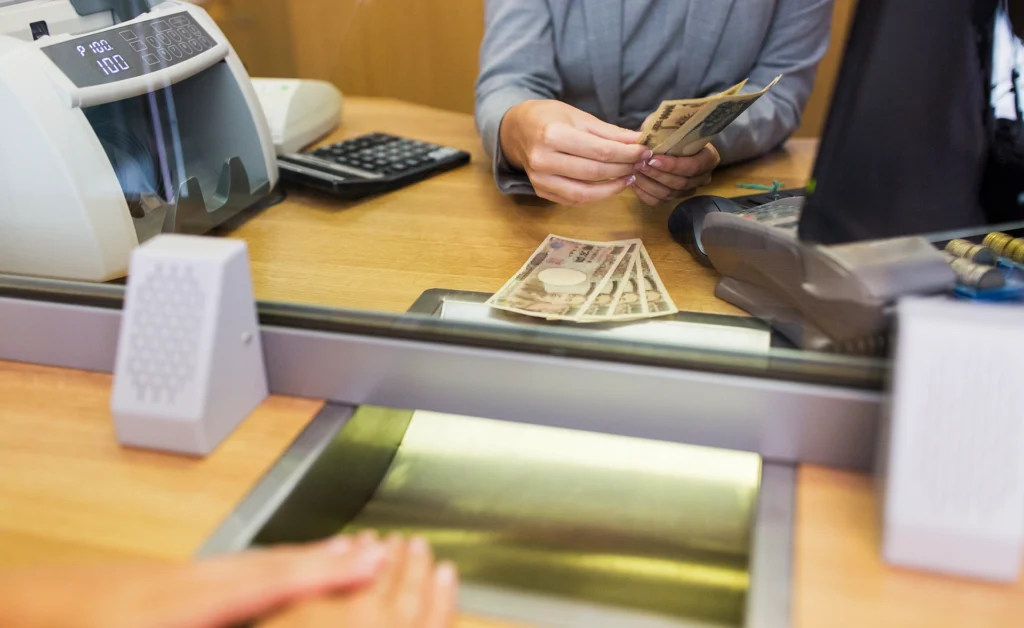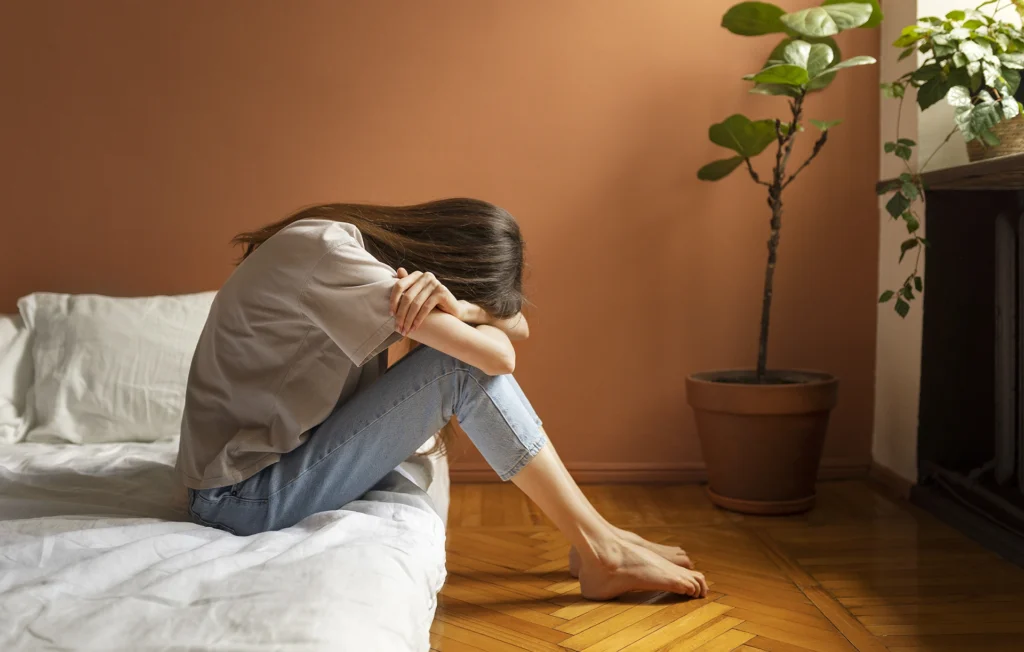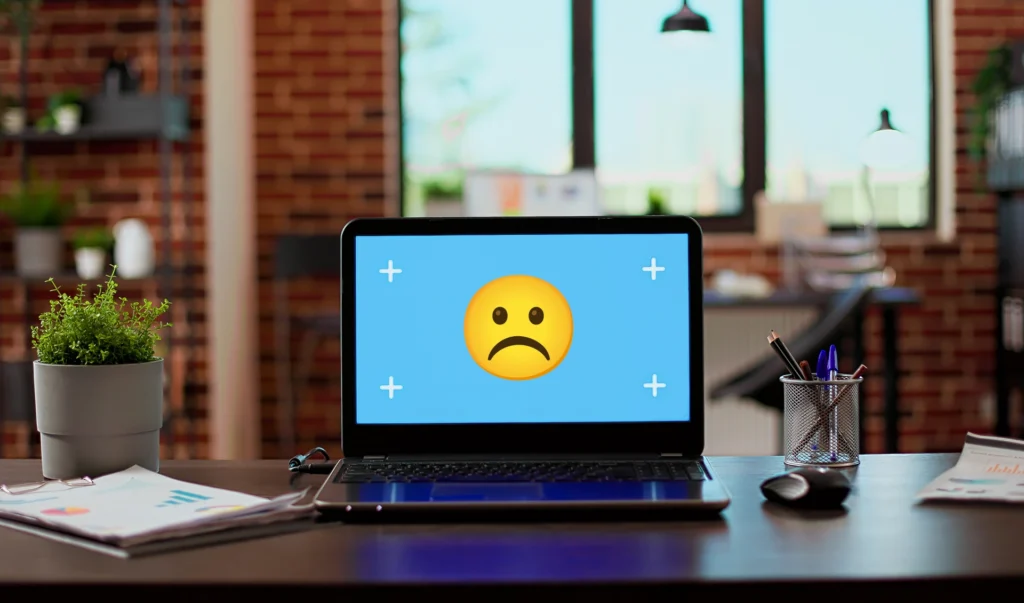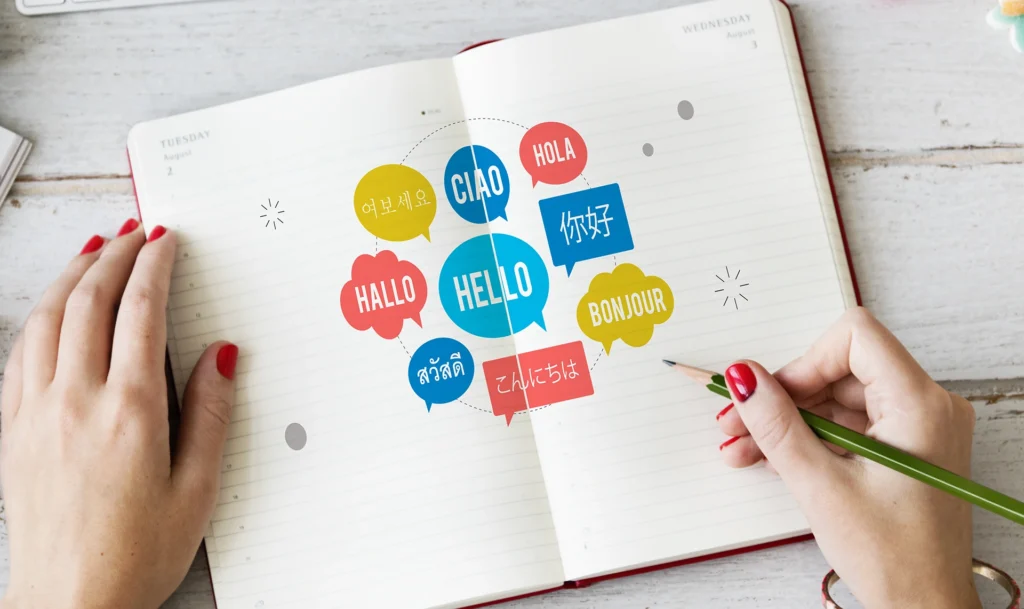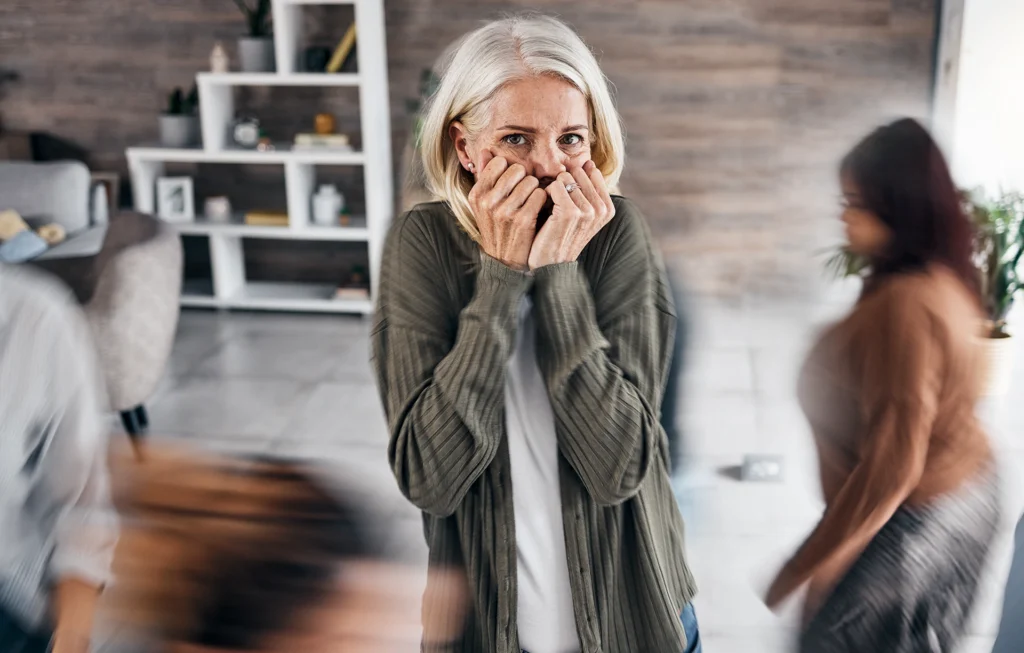Now Reading: Ways to Cope with Social Anxiety
- 01
Ways to Cope with Social Anxiety
Ways to Cope with Social Anxiety
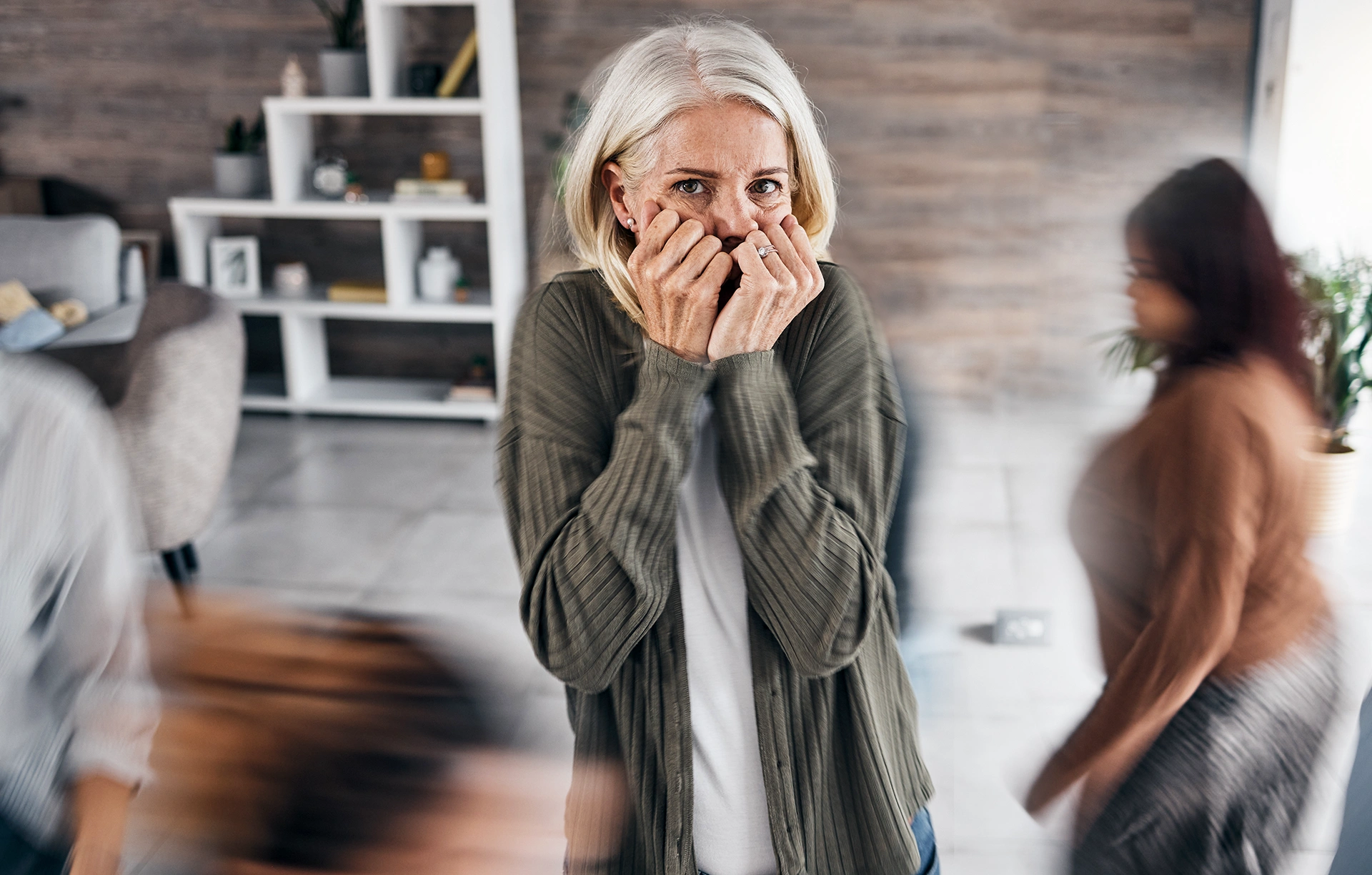
Social anxiety is a condition where individuals experience extreme fear and anxiety in social situations. This can negatively impact their work, school, and social relationships. So, how can one cope with social anxiety? In this article, you’ll find effective methods to manage social anxiety and lead a more confident social life.
What is Social Anxiety and Why Does It Occur?
Social anxiety, or social phobia, is an intense anxiety disorder characterized by the fear of being judged in social settings. This fear can manifest in situations such as meeting new people, speaking, or performing. People with social anxiety often avoid social situations due to the fear of being negatively evaluated.
Although the exact cause of social anxiety is not fully understood, it is believed to involve genetic predisposition, environmental factors, and certain chemical imbalances in the brain.
Symptoms of Social Anxiety
While anxiety symptoms can vary from person to person, common symptoms include:
- Avoiding social situations
- Physical symptoms like blushing, sweating, trembling
- Rapid heartbeat
- Shortness of breath
- Dizziness
- Nausea
- Negative thoughts
- Lack of self-confidence
How to Cope with Social Anxiety
There are various methods to cope with social anxiety, and these methods may vary depending on the individual’s condition and severity.
1. Cognitive Behavioral Therapy
Cognitive Behavioral Therapy (CBT) is considered one of the most effective methods for combating social anxiety. This therapy helps individuals identify and change negative and distorted thoughts. During therapy, automatic thoughts that arise in social situations are analyzed, and these thoughts are replaced with healthier and more realistic alternatives. Additionally, CBT uses exposure techniques to gradually expose individuals to feared social situations and improve their ability to cope with these situations. Over time, this process can help reduce anxiety and enable individuals to feel more comfortable in social settings.
2. Relaxation Techniques
Relaxation techniques are commonly used methods to alleviate symptoms of social anxiety. Techniques such as deep breathing exercises, meditation, and yoga reduce the body’s stress responses and relieve anxiety. For example, deep breathing exercises help calm by slowing the heart rate and lowering blood pressure. Meditation provides inner peace by focusing the mind and soothing anxiety-induced thoughts. Yoga offers both mental and physical relaxation, creating a more tranquil mind and body in social situations.

3. Social Skills Training
Social skills training is a method used to help individuals struggling with social anxiety become more successful in social interactions. During these trainings, individuals learn basic social skills such as communication, making eye contact, active listening, and giving appropriate responses. Practices like role-playing and simulations help prepare for real-life social situations and feel more comfortable in these situations. These skills allow individuals to move more comfortably and confidently in social settings by increasing their self-confidence.
4. Medication
In some cases, medication may be necessary for severe symptoms of social anxiety. Doctors may prescribe medications such as antidepressants, benzodiazepines, or beta-blockers for treating social anxiety. Antidepressants reduce anxiety by regulating serotonin levels in the brain, while benzodiazepines can provide rapid relief. Beta-blockers are used to control physical anxiety symptoms (e.g., rapid heartbeat). Medication is generally most effective when used in conjunction with therapy.
5. Self-Acceptance
An important step in coping with social anxiety is to accept oneself as one is. This means recognizing self-critical thoughts and developing a more compassionate and understanding approach towards oneself. Letting go of the pressure to be perfect and accepting that making mistakes is part of being human can make social situations more comfortable. Developing an internal sense of self-worth, rather than measuring one’s value through external approval, can help reduce anxiety.
6. Social Support
Social support plays a crucial role in managing social anxiety. Support from family, friends, or support groups helps individuals feel less alone and provides encouragement during the process of coping with anxiety. Support groups allow interaction with others who have similar experiences, offering a space to share challenges and learn strategies from others. Additionally, sharing your feelings with a trusted friend or family member can alleviate inner anxiety and help you feel more comfortable in social interactions.
Tips for Those Living with Social Anxiety
- Start Small: Begin with small social interactions that you find comfortable, without pushing yourself too hard.
- Think Positively: Positive thoughts can help reduce anxiety.
- Reward Yourself: Increase motivation by rewarding your successes.
- Live Healthily: Regular sleep, nutrition, and exercise improve overall health and mood.
- Seek Professional Help: If you’re struggling to manage social anxiety on your own, it’s important to seek support from a psychologist.
Social anxiety is a treatable condition. By applying the methods mentioned above and seeking professional help, you can manage social anxiety and lead a happier life. Remember, it’s important to be patient with yourself and allow yourself time to overcome social anxiety.




